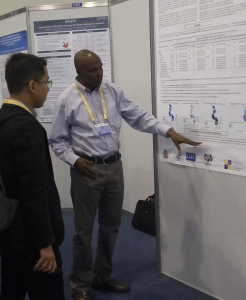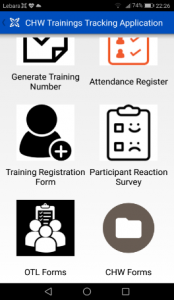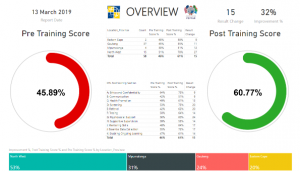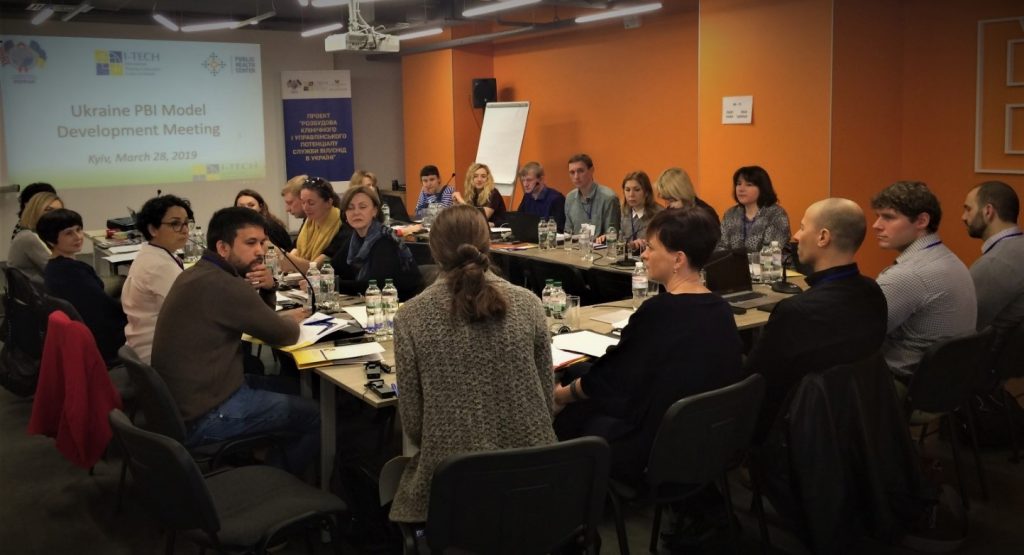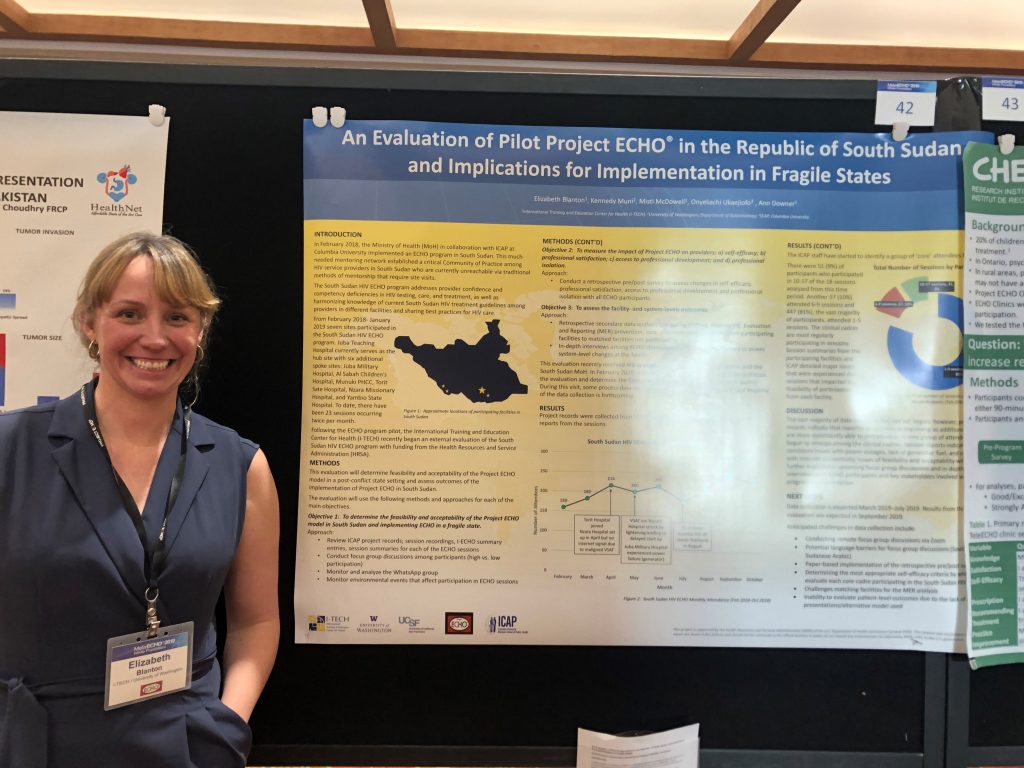
On December 18, 2019, I-TECH Ukraine facilitated its first forum on index testing, a key strategy used to identify and support HIV-positive individuals. Service providers, as well as representatives from the US Centers for Disease Control and Prevention (CDC) and the Public Health Center (PHC) of the Ministry of Health (MOH) of Ukraine, attended the forum and participated in discussions detailing the best ways to implement and adapt proven index testing methodologies in Ukraine.
I-TECH Ukraine rolled out its national program in October 2019, after shifting its programmatic focus to provide index testing development and quality assurance. The program was launched at 39 antiretroviral therapy (ART) clinics in 11 PEPFAR priority regions across the country.
The recent forum included a review of early program performance; identification of best practices that can be scaled up to improve index testing and partner notification performance; and solutions to key challenges that index testing providers are currently facing in Ukraine.
“The index testing strategy gives us all high hopes that we can reach out to the most affected groups of people living with HIV and identify many individuals in need of care much earlier than it happens currently in Ukraine,“ says Anna Shapoval, I-TECH Ukraine Country Representative. “As always, I-TECH is proud to build this new programming not just on the vast evidence and globally acknowledged best practices but also on the mountain of successful experiences in other countries where index testing programs have been initiated and implemented by I-TECH in previous years.”
To strengthen the programmatic response, the forum included a number of speakers and index testing subject matter experts. Dr. Serhii Riabokon, an infectious disease doctor in the PHC’s department of the coordination of treatment programs on HIV, viral hepatitis, and sexually transmitted infections, presented the current legal framework and the state of index testing program implementation in Ukraine. I-TECH’s program and evaluation teams also gave a brief overview of the program including the design as well as the successes and challenges to date. Four well-performing regional sites were also able to share the best practices they used during early program implementation.
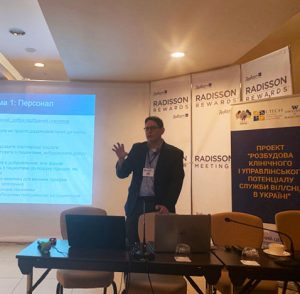
In addition to the index testing program-specific presentations, the forum also included presentations by experts who shared their valuable experiences in partner services implementation, scale-up, and development:
- Matthew Golden, MD, MPH, Professor at the University of Washington (UW) Department of Medicine’s Division of Allergy and Infectious Diseases and I-TECH faculty member, reviewed the development and challenges of partner services programs around the world, as well as voiced practical recommendations for Ukrainian index testing advancement.
- Nancy Puttkammer, PhD, MPH, I-TECH faculty and DIGI faculty lead, and Jason Beste, MD, MPH, I-TECH International Clinical Advisor, were on a panel discussion on the ways of overcoming key challenges in index testing implementation.
“A key part of the program is to ensure quality results,” says Shapoval, “and consistent and collaborative learning is paramount to building local capacity.”
December’s forum is just the first of planned, quarterly forums designed to further build local capacities around index testing and quality assurance.
THIS PROJECT IS SUPPORTED BY THE HEALTH RESOURCES AND SERVICES ADMINISTRATION (HRSA) OF THE U.S. DEPARTMENT OF HEALTH AND HUMAN SERVICES (HHS) UNDER U91HA06801, THE INTERNATIONAL AIDS EDUCATION AND TRAINING CENTER (IAETC). THE CONTENT OF THIS POST IS THE AUTHOR’S AND SHOULD NOT BE CONSTRUED AS THE OFFICIAL POSITION OR POLICY OF, NOR SHOULD ANY ENDORSEMENTS BE INFERRED BY HRSA, HHS OR THE U.S. GOVERNMENT.

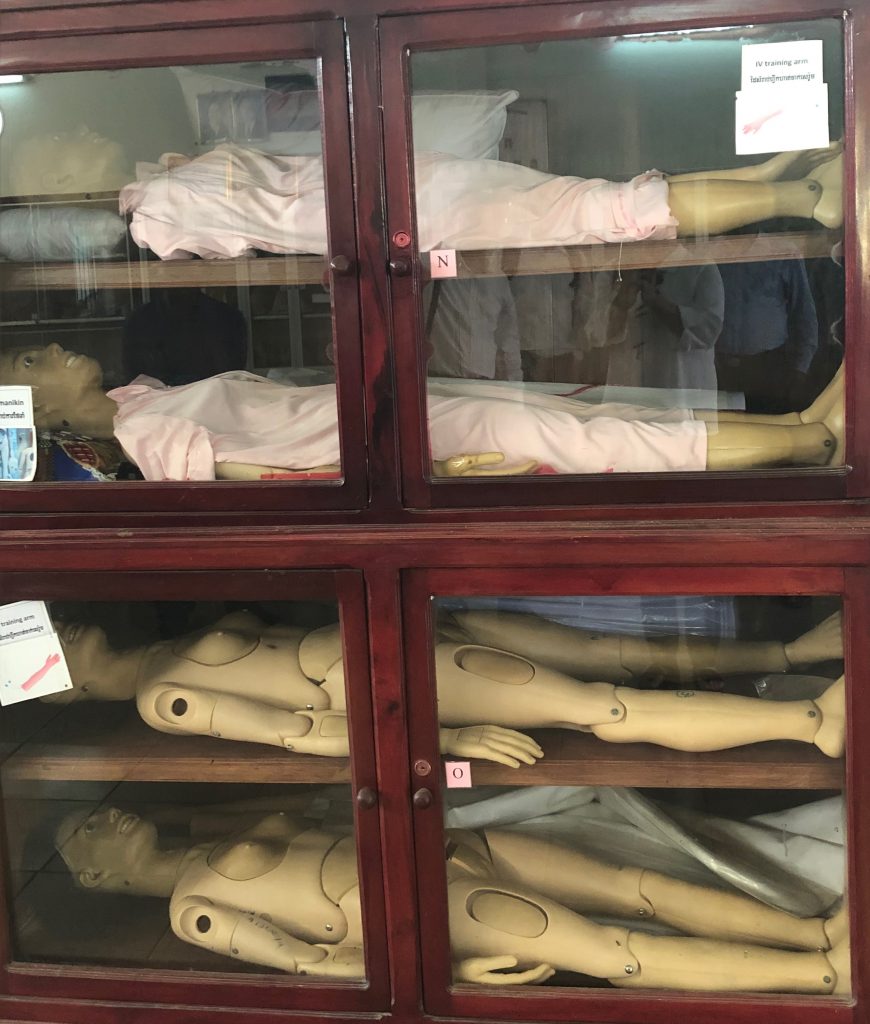
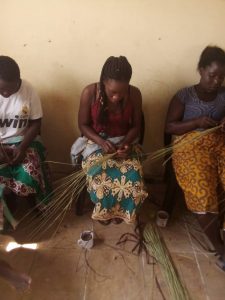
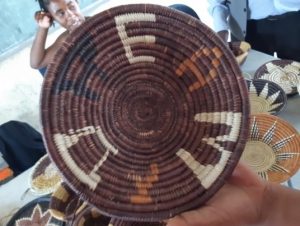
 Google has selected
Google has selected  In winter 2019, the International Training and Education Center for Health (I-TECH) launched a new unit: the
In winter 2019, the International Training and Education Center for Health (I-TECH) launched a new unit: the 